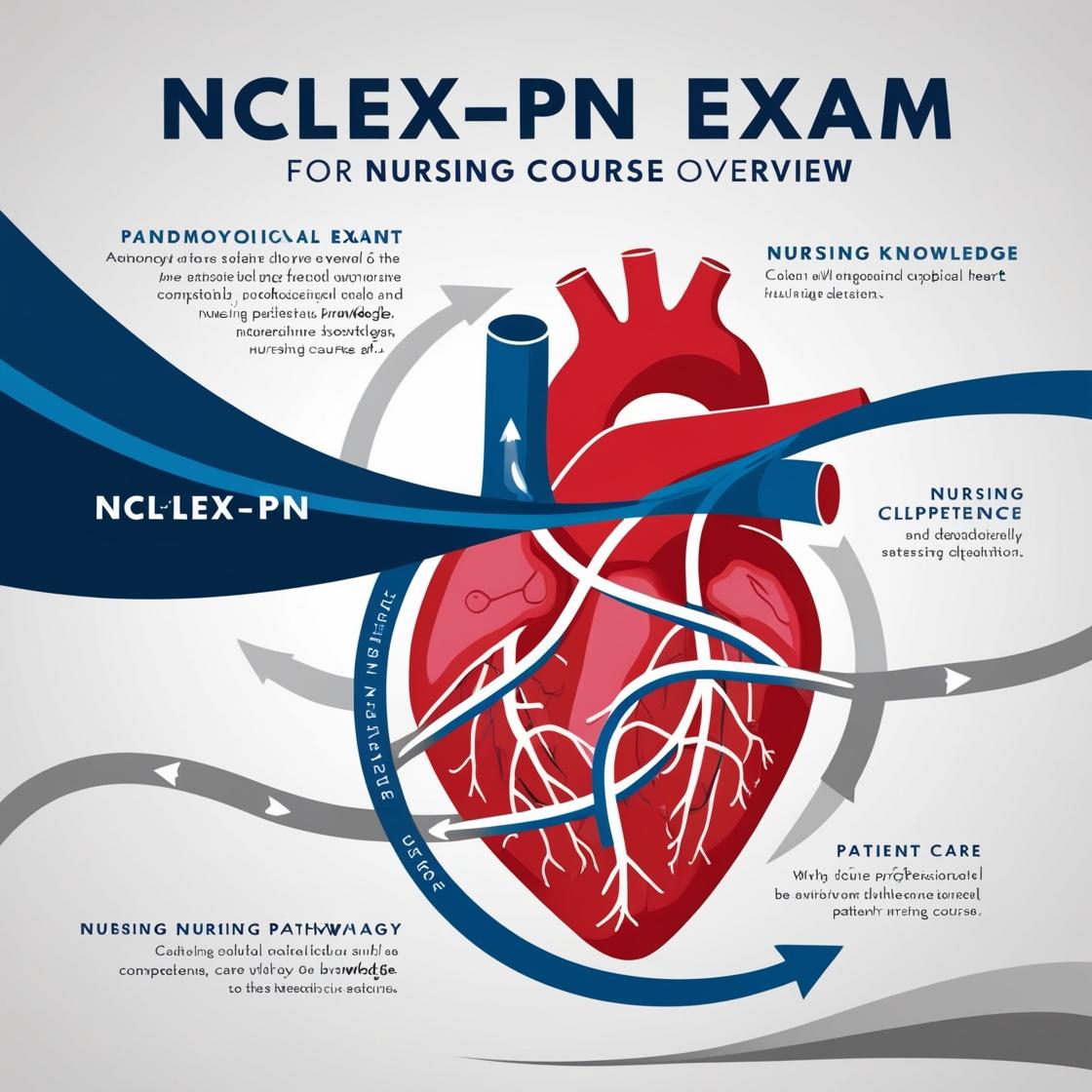NCLEX-PN
Nclex Questions Management of Care
1. What are the hazards of improper splinting?
- A. Aggravation of a bone or joint injury
- B. Reduced distal circulation
- C. Delay in transporting a client with a life-threatening injury
- D. All of the above
Correct answer: D
Rationale: Hazards of improper splinting can lead to the aggravation of a bone or joint injury, reduced distal circulation, and delay in transporting a client with a life-threatening injury. Choosing 'All of the above' (Option D) is the correct answer as it encompasses all the hazards mentioned. Option A is incorrect because it only addresses one aspect of the hazards. Option B is incorrect as it does not cover all the hazards associated with improper splinting. Option C is incorrect as it focuses on only one hazard and does not account for the others.
2. The advanced directive in a client's chart is dated August 12, 1998. The client's daughter produces a Power of Attorney for Health Care, dated 2003, which contains different care directions. What should the nurse do?
- A. Follow the 1998 version because it's part of the legal chart.
- B. Follow the 1998 version because the physician's code order is based on it.
- C. Follow the 2003 version, place it in the chart, and communicate the update appropriately.
- D. Follow neither until clarified by the unit manager.
Correct answer: C
Rationale: The document dated 2003 supersedes the previous version and should be used as a basis for care directions. The nurse should follow the 2003 version, place it in the chart, and communicate the update appropriately to ensure that the most current care directions are followed. Choices A and B are incorrect because the 1998 version is now outdated, and the nurse should not rely on it for care decisions. Choice D is incorrect because the nurse should not delay following the updated document, and seeking clarification from the unit manager can lead to avoidable delays in care.
3. When working with elderly clients, the healthcare provider should keep in mind that falls are most likely to happen to the elderly who are:
- A. in their 80s.
- B. living at home.
- C. hospitalized.
- D. living on only Social Security income.
Correct answer: C
Rationale: The correct answer is 'hospitalized.' Elderly individuals are at a higher risk of falls, especially when they are in new environments like hospitals due to unfamiliarity with the surroundings, medications, and potential mobility challenges. Being in a hospital can disrupt their usual routines and increase the risk of falls. Choice A ('in their 80s') is not as directly related to the increased risk of falls in a hospital environment. Choice B ('living at home') is a common setting for the elderly but does not address the specific risk associated with being hospitalized. Choice D ('living on only Social Security income') is unrelated to the risk of falls based on the environment.
4. Which of the following enzymes is indicative of pancreatitis?
- A. alkaline phosphatase
- B. acid phosphatase
- C. creatine phosphokinase
- D. amylase
Correct answer: D
Rationale: Amylase is elevated in conditions of pancreatic inflammation, such as pancreatitis. Pancreatitis is characterized by the inflammation of the pancreas, leading to the leakage of amylase into the bloodstream. Elevated levels of amylase are a key diagnostic marker for pancreatitis. Alkaline phosphatase is associated with liver and bone conditions, not pancreatitis. Acid phosphatase is more related to prostate health and is not specific to pancreatitis. Creatine phosphokinase is found in tissues like muscle and brain, and elevated levels are seen in conditions like muscle injury or heart attack, not pancreatitis.
5. When managing nausea related to Morphine epidural analgesia, the nurse should administer:
- A. Indomethacin
- B. Codeine
- C. Ibuprofen
- D. Compazine
Correct answer: D
Rationale: When managing nausea related to Morphine epidural analgesia, Compazine is the appropriate medication to administer. Compazine, also known as prochlorperazine, is commonly used to treat nausea and vomiting. It works by affecting certain chemicals in the brain that trigger nausea and vomiting. Choices A, B, and C are incorrect because Indomethacin, Codeine, and Ibuprofen are not typically used to manage nausea associated with Morphine epidural analgesia.
Similar Questions

Access More Features
NCLEX PN Basic
$69.99/ 30 days
- 5,000 Questions with answers
- Comprehensive NCLEX coverage
- 30 days access @ $69.99
NCLEX PN Premium
$149.99/ 90 days
- 5,000 Questions with answers
- Comprehensive NCLEX coverage
- 30 days access @ $149.99
